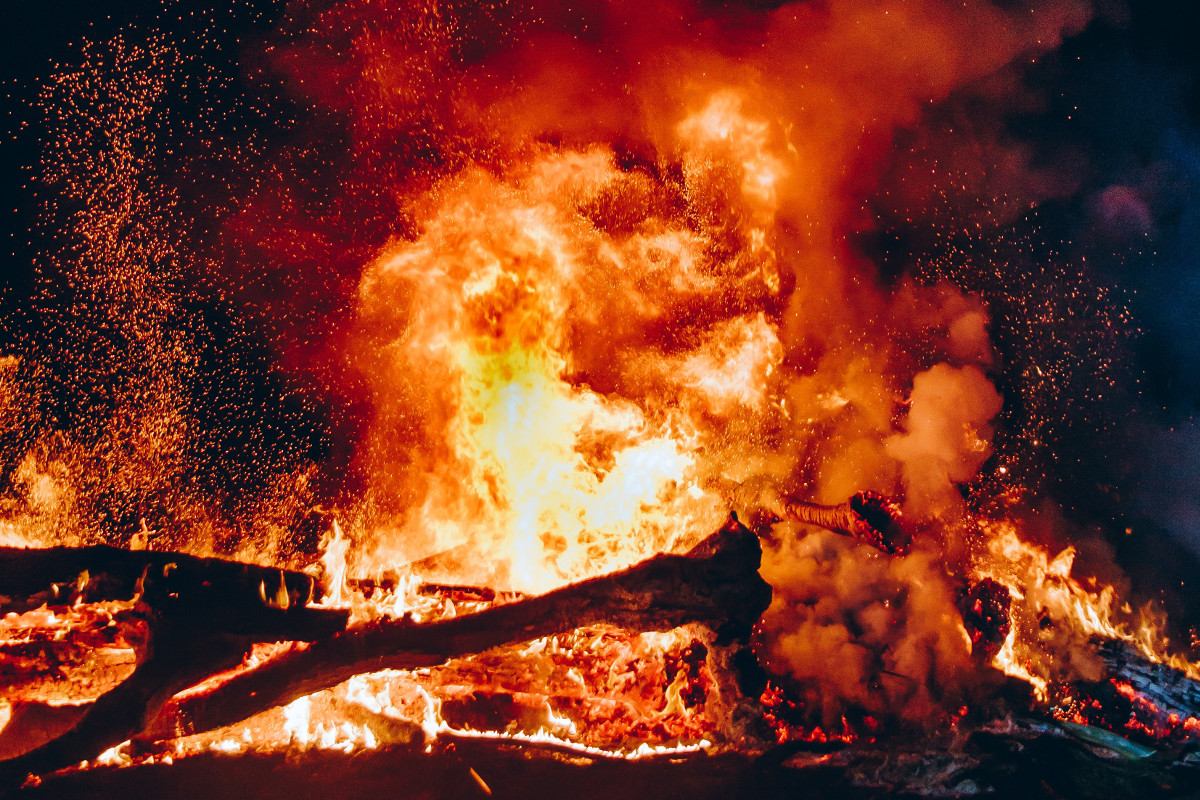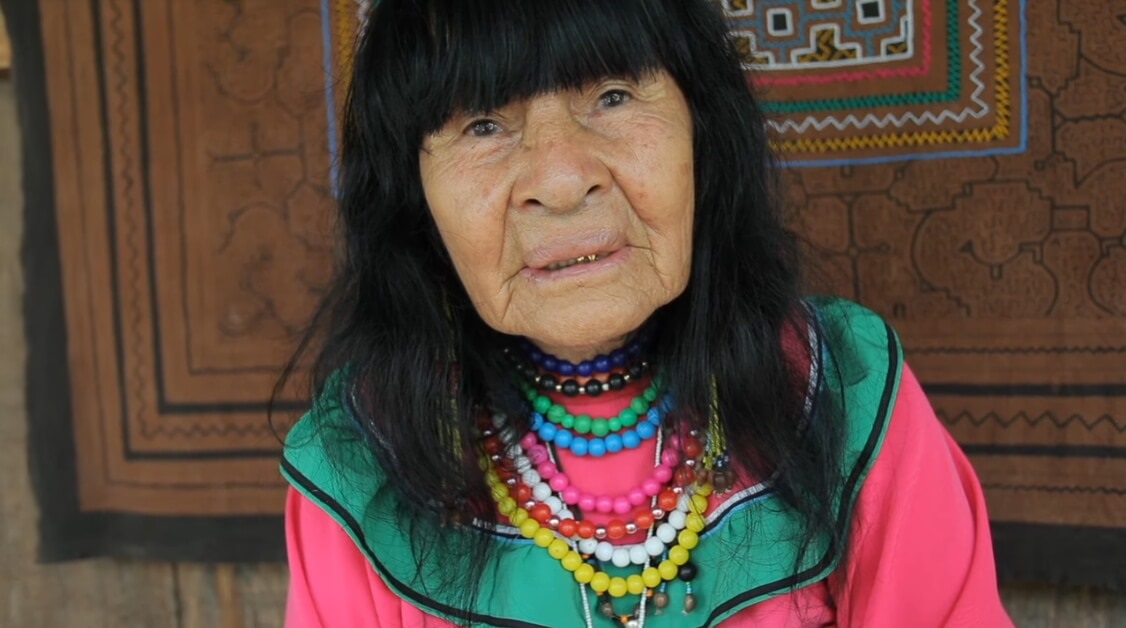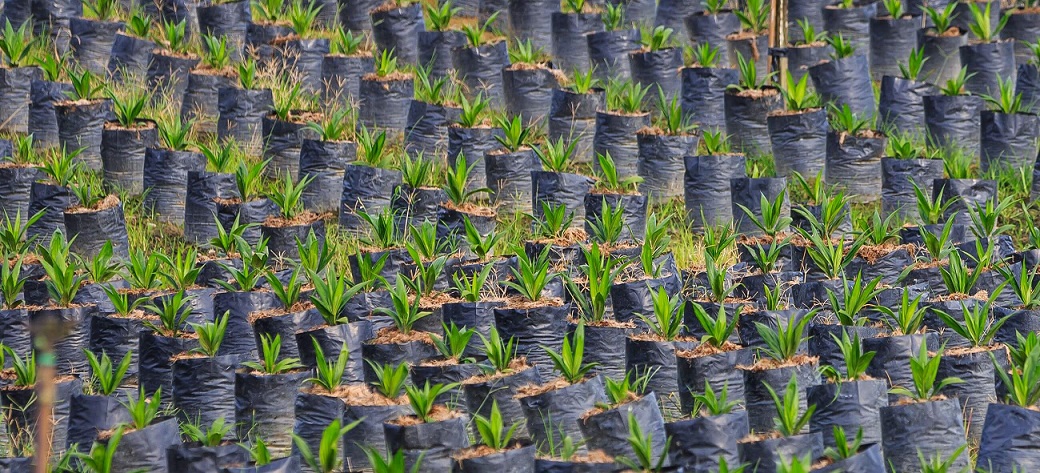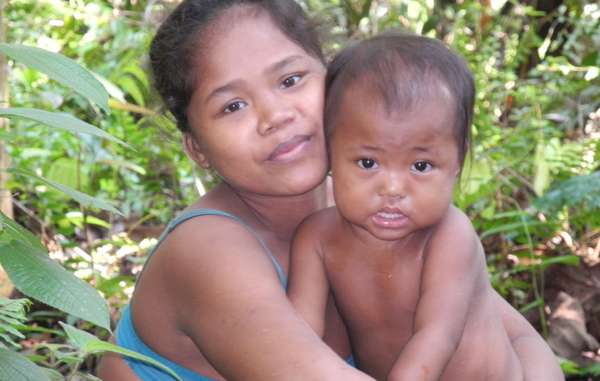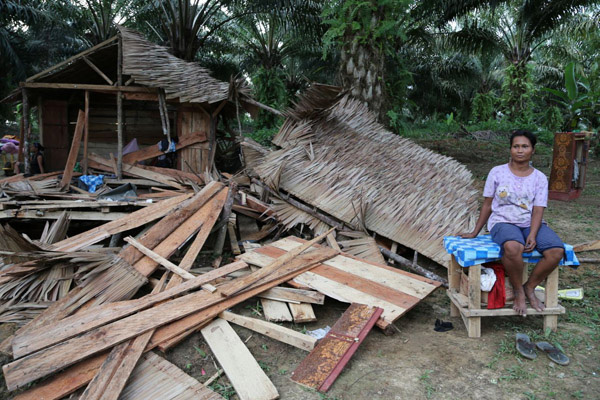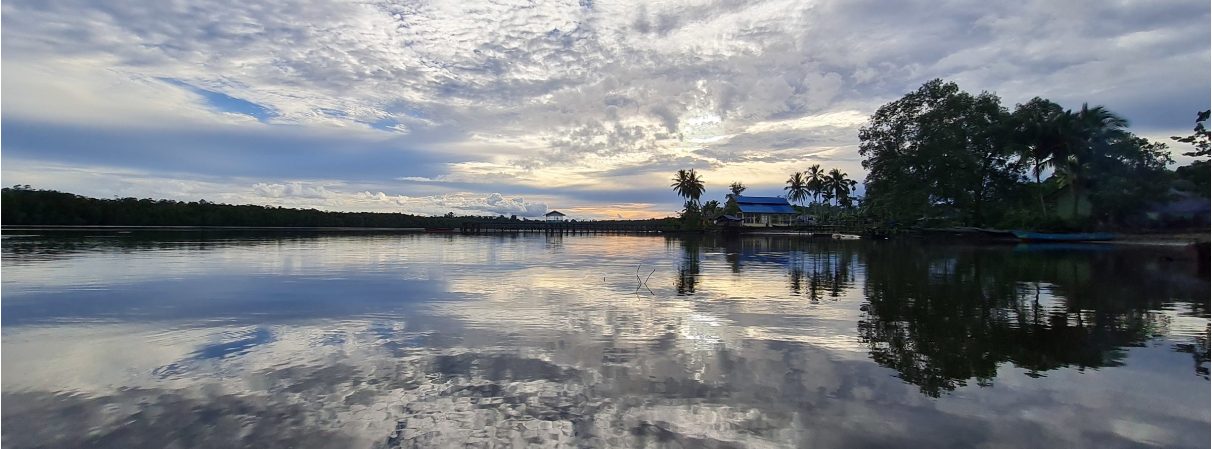
Indigenous Papuans won their forest back from a palm oil firm, but still lack land title
This article originally appeared in Mongabay. Editor’s note: The strong focus on mapping forests mentioned in this article makes one suspicious. Mapping is needed for governments to control “natural ressources” and give concessions to companies to exploit them. It was never needed for indigenous populations, so far as, since they’ve known their landbase for millenia. Wherever you are, don’t trust governments. Never. People worldwide must understand that governments always serve the rich and powerful exploiters and never the local residents. ...
